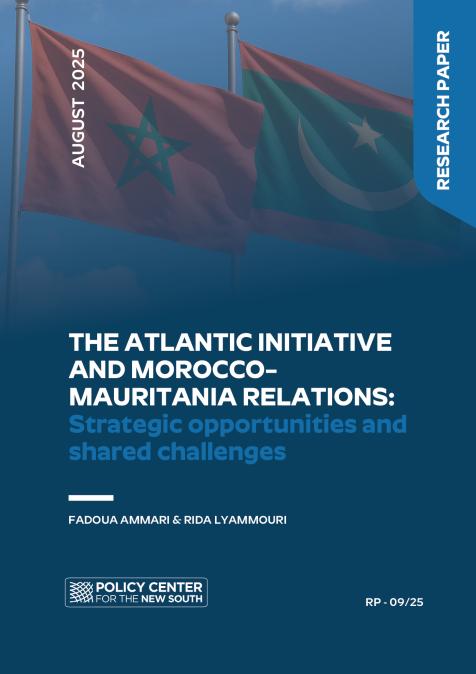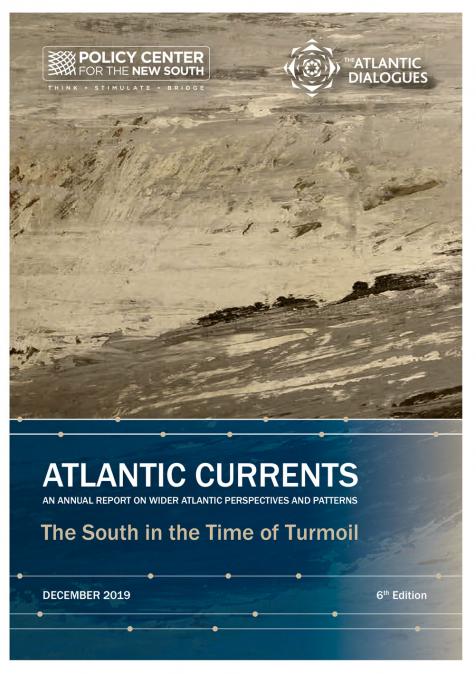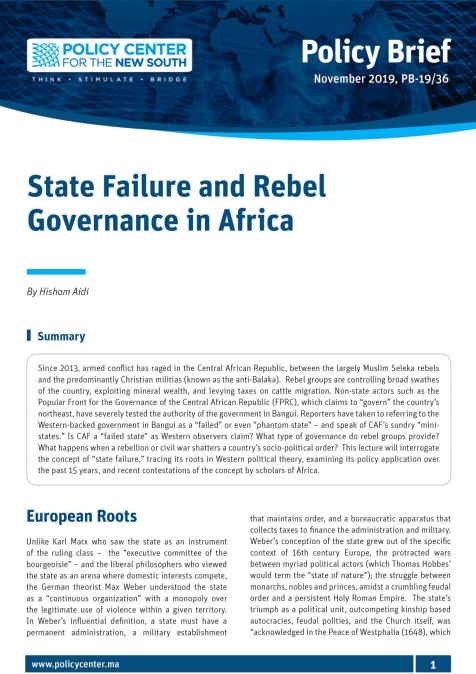Publications /
Research Paper
The Atlantic Initiative, announced by King Mohammed VI in November 2023 to provide landlocked Sahelian countries with access to the Atlantic Ocean via Moroccan territory, promises to profoundly reshape the bilateral relationship between Rabat and Nouakchott. This research paper examines how this unprecedented project creates new strategic opportunities while raising shared challenges for Morocco and Mauritania. Diplomatically, the rapprochement around the Atlantic Initiative unfolds in a delicate regional context, where the Sahara issue remains politically sensitive and the balances within the African Union (AU) are constantly evolving. Economically, this cooperation could open trade corridors crossing Mauritania, develop infrastructure (roads, railways, ports), and stimulate Mauritanian development—particularly through the port of Nouadhibou—while contributing to food security and regional integration. On the security front, the realization of the Initiative requires addressing significant challenges linked to Sahelian instability, including terrorism, road protection, and military collaboration between Rabat and Nouakchott. In complex regional and international environments—shaped by the African Continental Free Trade Area (AfCFTA), reconfigurations in West Africa, and the interests of the European Union (EU)—the success of the Atlantic Initiative will depend on the ability of Morocco and Mauritania to overcome these diplomatic, economic, and security obstacles.






